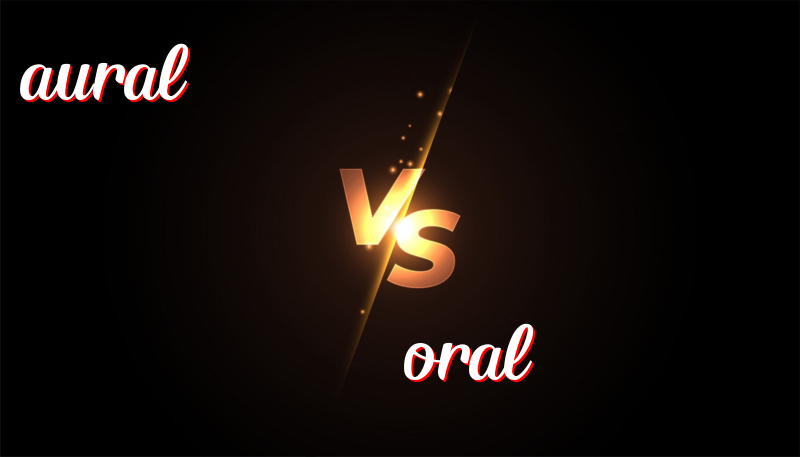Understanding Aural and Oral: Sound vs. Speech
Aural vs. Oral: What’s the Difference?
Today, we will learn about two words that sound the same but mean different things: “aural” and “oral.” These words are called homophones because they sound alike.
History
Both words come from Latin. “Aural” comes from “auris,” which means “ear.” “Oral” comes from “os,” which means “mouth.” This gives a clue to their meaning.
How to Use Them
Aural is about what we hear. When we talk about aural things, we talk about sounds, music, or anything to do with our ears.
Examples:
- The aural book was very calming to listen to.
- She enjoys aural learning more than reading.
- The concert was an aural delight.
- Teachers use aural tests to check listening skills.
- We had an aural experience in the music room.
Oral is about what we speak or do with our mouth. This can be talking, giving a speech, or even taking an oral exam.
Examples:
- He gave an oral report to the class.
- The dentist checked her oral health.
- We practiced oral skills in language class.
- The oral exam was scheduled for Friday.
- Oral stories are shared by speaking, not writing.
Trick to Remember the Difference
A simple way to remember is:
- “A” for “aural” and “audio” – both deal with sound and hearing.
- “O” for “oral” and “output” from the mouth – both deal with speaking.
Summary
In summary, “aural” relates to hearing, while “oral” relates to speaking. Look at the first letter to help remember: “A” for “aural” and sounds, “O” for “oral” and mouth. Use these cues to know which word to use when.

Leave a Reply
You must be logged in to post a comment.